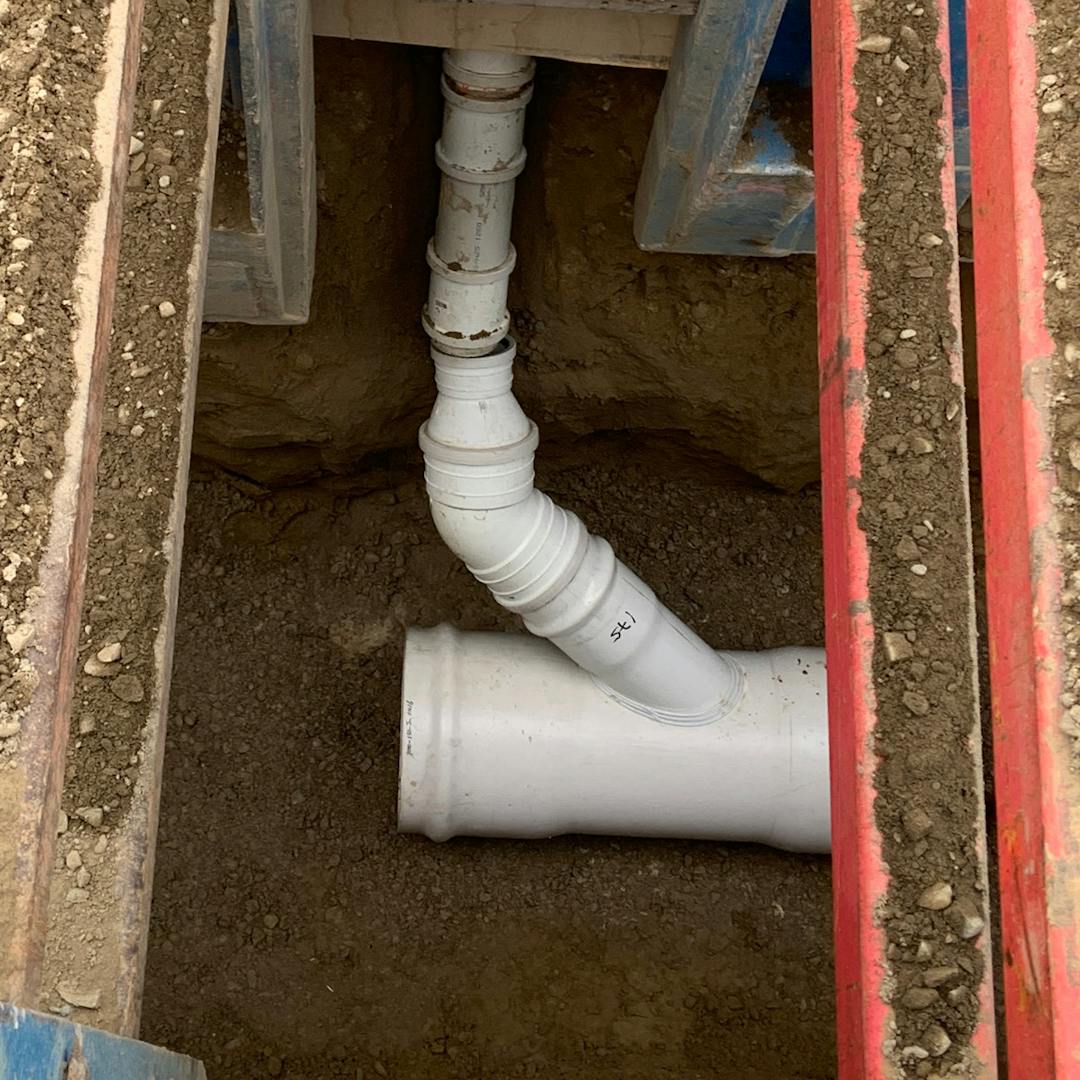Share About main proposed changes to current bylaws on Facebook
Share About main proposed changes to current bylaws on Linkedin
Email About main proposed changes to current bylaws link
Trade Waste Bylaw
The main proposed change to the bylaw is to simplify the way that low risk premises are charged for trade waste discharges into the wastewater system. The charges under the bylaw would remain largely the same, with the aim to make it quicker for businesses and Council to calculate their charges. The change would see Permitted Dischargers (which make up the vast majority of Trade Waste Dischargers) charged a Uniform Annual Charge (in respect of administration costs), together with a volumetric charge based on treatment cost.
The remainder of the proposed changes are mainly minor adjustments to make the wording consistent. To see all the proposed changes, read marked up copy of Trade Waste Bylaw.
Wastewater Drainage Bylaw
The main proposed changes would be to who can work on your drains and to simplify the system for 'common drains' (private drains with multiple connections).
The bylaw would require all repair, design and maintenance work to be carried out by a Certifying Drainlayer in accordance with the Code of Practice, the Building Act, and Good Industry Practice and any other relevant statutory or regulatory requirements.
A cap of five cubic metres of waste discharge per day, unless otherwise approved, is also proposed. The majority of homes should remain unaffected by this based on current usage.
The proposed bylaw would also prohibit new connections to existing 'common drains', such as are sometimes found on private right of ways. The remainder of the proposed changes are mainly minor adjustments to make the wording consistent.
To see all the proposed changes, read marked up copy of Wastewater Drainage Bylaw.



